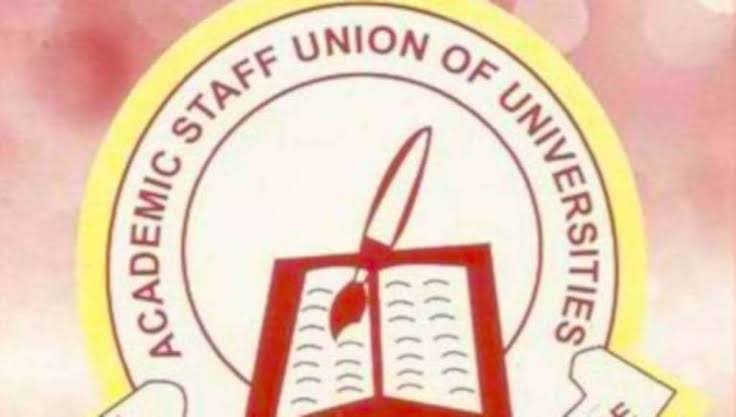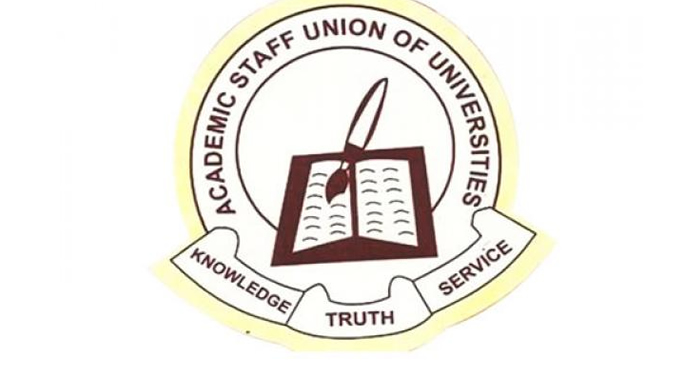The Academic Staff Union of Universities, ASUU, warns the Federal Government over looming strike action if long-standing issues in Nigeria’s public universities remain unresolved. The union said that years of broken promises, poor welfare for lecturers, and inadequate funding are pushing the education system toward another shutdown.
ASUU’s president, Christopher Piwuna, said lecturers are working “on empty stomachs” and carrying out research without access to essential resources such as journals, books, chemicals, and reagents. He added that many academics struggle with unpaid bills, children’s school fees, and transportation costs.
Poor Funding and Unmet Agreements Fuel Tensions
ASUU warns the Federal Government over looming strike partly because the 2009 FGN-ASUU Agreement remains unresolved after more than a decade. According to Piwuna, “Agents of government… have characteristically thrown the underlying principles of the Agreement overboard.”

The union also condemned the political interference in university leadership, pointing to controversies such as the appointment of the Acting Vice Chancellor of Alvan Ikoku University of Education.
Student Loan Policy Not Enough to Fix Education
The introduction of the student loan policy has been presented by government officials as a step toward supporting students, but ASUU argues that loans alone will not solve the deep-rooted problems in the education sector. The union insists that without improving working conditions for lecturers, updating infrastructure, and increasing funding, the system will remain broken.
ASUU Demands Action to Prevent Another Shutdown
The union said previous memoranda — from 2013 to 2020 — have done little to change conditions on the ground. “No memorandum or discussion can take the place of a Collective Bargaining Agreement,” Piwuna stated.
Government Must Act Before It Is Too Late
ASUU warns the Federal Government over looming strike as patience among lecturers wears thin. The union says only concrete action, not promises, not partial implementation, and not loans without reforms can prevent another collapse of academic activities. Without addressing the root problems, Nigeria’s universities risk another long, damaging closure that will set students and the nation back once again.

















